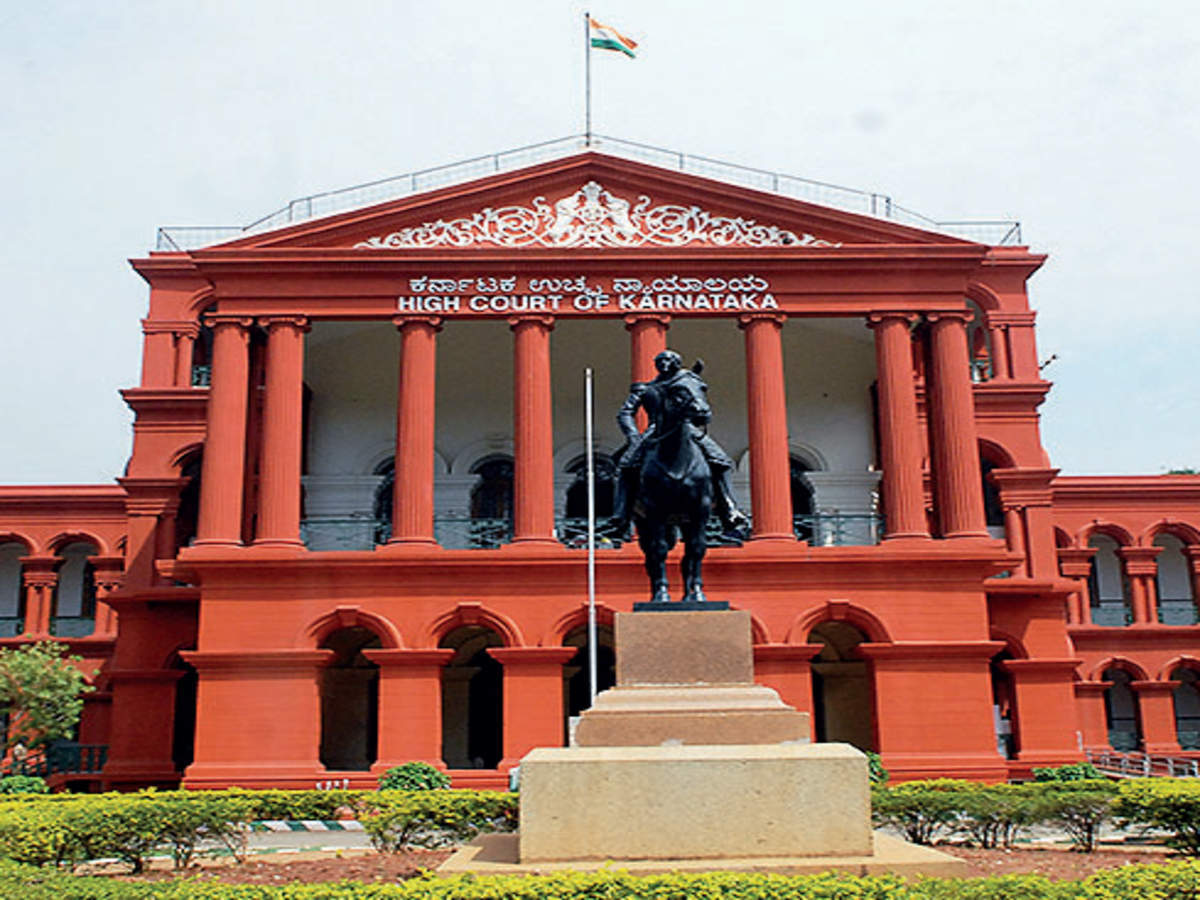Karnataka High Court Ruling on Transgender Rights: Revised Birth and Death Certificates

On December 27, 2024, the Karnataka High Court delivered a landmark judgment that has significant implications for the rights and recognition of transgender individuals in India. The court directed the Registrar of Births and Deaths to issue revised birth and death certificates for transgender persons who have undergone gender reassignment surgery, a move designed to ensure that official documentation accurately reflects their true identities. This decision is particularly noteworthy because it aligns with the broader goals of equality, dignity, and inclusion that underpin the rights of transgender individuals. By mandating that revised certificates include both the previous and updated names and genders of transgender persons, the court has taken an important step toward addressing the systemic challenges faced by this marginalized community.
The ruling was prompted by a petition filed by a transgender woman who sought to update her birth certificate following her gender reassignment surgery. This case highlights a critical gap in the existing legal framework, specifically the lack of provisions within the Registration of Births and Deaths Act, 1969, for revising such records to reflect gender identity changes. The petitioner argued that her inability to obtain updated documentation hindered her ability to fully integrate into society and live with dignity. Her plea brought to the forefront the intersection of outdated legal frameworks and the evolving understanding of gender identity, underscoring the urgent need for reforms.
The Karnataka High Court’s decision draws attention to the disconnect between the Registration of Births and Deaths Act and the Transgender Persons (Protection of Rights) Act, 2019. The latter was enacted to safeguard the rights of transgender persons, promote their inclusion, and prohibit discrimination against them. However, despite its progressive intent, the 2019 Act lacks adequate mechanisms for implementing these protections in practical, everyday situations—such as updating official documents. The court’s directive to amend the 1969 Act to align it with the 2019 Act is a call to action for lawmakers to ensure that transgender individuals can enjoy the rights guaranteed to them without unnecessary hurdles.
This ruling is significant not only for the petitioner but also for the broader transgender community in India, which continues to face discrimination, social stigma, and institutional neglect. Accurate and inclusive documentation is critical for accessing a wide range of rights and services, including education, employment, healthcare, and housing. Without proper identification, transgender individuals often encounter barriers that exacerbate their marginalization. The court’s decision recognizes this reality and seeks to address one of the root causes of the systemic inequities faced by transgender persons.
The lack of provisions for updating birth and death certificates in the 1969 Act reflects a broader issue of outdated laws that fail to accommodate the evolving understanding of gender and identity. Historically, legal and social systems have been constructed around a binary understanding of gender, leaving little room for the recognition of non-binary and transgender identities. This binary framework not only erases the experiences of transgender individuals but also imposes significant hardships on them when navigating legal and administrative processes. By recommending amendments to the 1969 Act, the Karnataka High Court has set an important precedent for other states and institutions to follow, paving the way for a more inclusive and equitable legal system.
The court’s ruling also underscores the importance of legal recognition as a foundational step toward achieving broader social acceptance for transgender individuals. Legal recognition of gender identity is not merely a symbolic gesture; it has tangible impacts on the lives of transgender persons. For instance, updated identification documents enable transgender individuals to access employment opportunities, open bank accounts, travel, and participate in civic life without fear of discrimination or harassment. Moreover, the inclusion of both previous and revised names and genders on official documents respects the personal histories of transgender individuals while acknowledging their right to self-identify. This approach strikes a balance between respecting their past and affirming their present, fostering a sense of dignity and inclusion.
In addition to addressing the specific issue of birth and death certificate updates, the Karnataka High Court’s judgment has broader implications for the legal and policy landscape in India. It highlights the urgent need for a comprehensive review of existing laws to ensure that they are inclusive of transgender persons and aligned with international human rights standards. For instance, the 2019 Act, while a significant milestone, has been criticized for its limitations, including its reliance on a certification process for gender identity recognition and its lack of clarity on issues such as healthcare access and anti-discrimination measures. The court’s ruling serves as a reminder that legal reforms must go beyond symbolic gestures and address the practical barriers faced by transgender individuals in their daily lives.
The judgment also has implications for the judiciary’s role in advancing the rights of marginalized communities. By interpreting the law in a manner that promotes equality and inclusion, the Karnataka High Court has demonstrated the power of the judiciary to effect meaningful change. This case sets a precedent for other courts to adopt a more progressive and rights-based approach when addressing issues related to gender identity and expression. It also sends a strong message to lawmakers and policymakers about the importance of proactive measures to address the unique challenges faced by transgender individuals.
Furthermore, the ruling highlights the importance of advocacy and activism in driving legal and social change. The petitioner’s courage in bringing her case to court serves as a powerful example of how individual actions can catalyze systemic reforms. Her case has not only secured a favorable outcome for herself but has also set a precedent that will benefit countless others in the transgender community. It underscores the importance of creating an enabling environment where marginalized individuals can advocate for their rights without fear of retribution or discrimination.
The Karnataka High Court’s decision to direct the issuance of revised birth and death certificates for transgender individuals marks a significant step forward in the recognition and protection of transgender rights in India. By addressing the limitations of the existing legal framework and calling for amendments to align with the Transgender Persons (Protection of Rights) Act, 2019, the court has paved the way for a more inclusive and equitable society. This ruling not only highlights the need for legal recognition of transgender identities but also underscores the importance of comprehensive legal and policy reforms to protect the rights of transgender persons. It is a reminder that true equality requires not just changes in law but also shifts in societal attitudes and institutional practices. By affirming the dignity and rights of transgender individuals, the Karnataka High Court has taken an important step toward creating a more just and inclusive society for all.
Posted By: Shraddha
.gif)
.gif)





%20(600%20%C3%97%20386px)%20(600%20%C3%97%20329px)%20(500%20%C3%97%20281px)%20(450%20%C3%97%20281px)%20(450%20%C3%97%20253px)%20(386%20%C3%97%20238px).jpeg)
%20(600%20%C3%97%20386px)%20(600%20%C3%97%20329px)%20(500%20%C3%97%20281px)%20(450%20%C3%97%20281px)%20(450%20%C3%97%20253px)%20(450%20%C3%97%20250px).jpeg)
.jpg)
.jpeg)